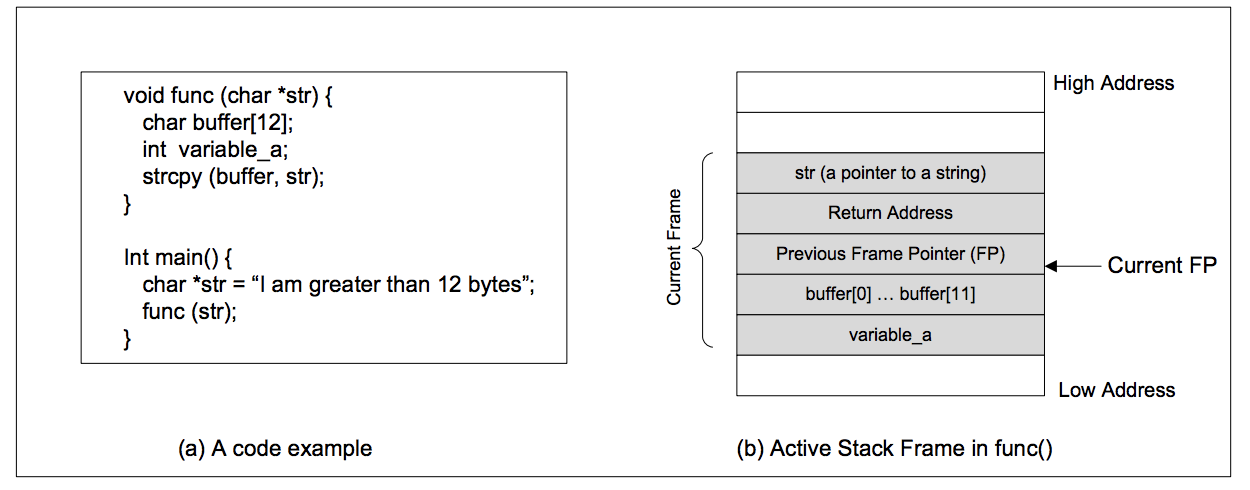

*** stack smashing detected ***: terminated vulnerable testĪAAAAAAAAAAAAAAAAAAAAAAAAAAAAAAAAAAAAAAAAAAAAAAAAAAAAAAAAAAAAAAAAAAAAAAAAAAAAAAAAAAAAAAAAAAAAAAAAAAAAAAAAAAAAAAAAAAAAAAAAAAAAAAAAAAAAAAAAAAAAAAAAAAAAAAAAAAAAAAAAAAAAAAAAAAAAAAAAAAAAAAAAAAAAAAAAAAAAAAAAAAAAAAAAAAAAAAAAAAAAAAAAAAAAAAAAAAAAAAAAAAAAAAAAAAAAAAAAAAAAAAAAAAAAAAAAAAAAAAAAAAAAAAAAAAAAAAAAAAAAAAAAAAAAAAAAAAAAAAAAAAAAAAAAAAAAAAAAAAAAAAAAAAAAAAAAAAAAAAAAAAAAAAAAAAAAAAAAAAAAAAAAAAAAAAAAAAAAAAAAAAAAAAAAAAAAAAAAAAAAAAAAAAAAAAAAAAAAAAAAAAAAAAAAAAAAAAAAAAAAAAAAAAAAAAAAAAAAAAAAAAAAAAAAAAAAAA The following excerpt shows how stack overflows are spotted by stack canaries. If there is stack overflow and the canary is overwritten with user-supplied input, the execution of the program stops and an error will be thrown. These canaries are random values generated on every run of the program they are placed on the stack and usually verified just before returning to the caller functions. When stack-based buffer overflows became popular, compilers introduced new options to protect important data on the stack such as return addresses. Vulnerable.c:(.text+0x4f): warning: the `gets’ function is dangerous and should not be used. usr/bin/ld: /tmp/ccWNPiro.o: in function `vuln_func’: Vulnerable.c:15:1: warning: implicit declaration of function ‘gets’ did you mean ‘fgets’?

$ gcc -fno-stack-protector vulnerable.c -o vulnerable -z execstack -D_FORTIFY_SOURCE=0 The following excerpt shows the compiler warning about use of the gets function. Developers can quickly make these changes during their development phase.
#Buffer overflow stack software#
When developing new software with vulnerable functions, compilers often provide warnings and recommend use of secure alternatives of the functions used. Because of these challenges, we may have to rely on other protections offered by compilers and operating systems. While this is the best way to prevent buffer overflows, it may be hard to change legacy applications and applications that work only on legacy operating systems. For example, avoid using functions such as gets and use fgets instead, which allows the developer to specify how much buffer is expected. When programs are written in languages that are susceptible to buffer overflow vulnerabilities, developers must be aware of risky functions and avoid using them wherever possible.
#Buffer overflow stack code#
Writing secure code is the best way to prevent buffer overflow vulnerabilities. Techniques to prevent or mitigate buffer overflow vulnerabilitiesįollowing are various common ways we can use to prevent or mitigate buffer overflow vulnerabilities.


 0 kommentar(er)
0 kommentar(er)
